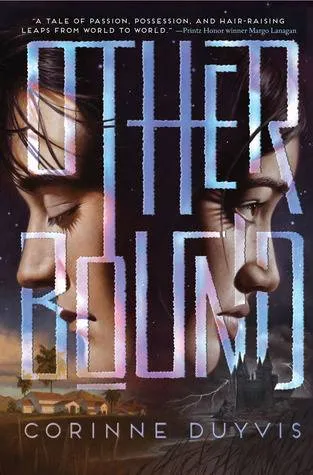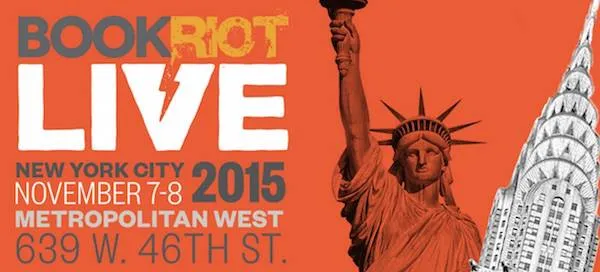
…And the Diversity Doesn’t Feel Forced At All!

As a reader and book blogger, somewhere along the line the phrase “forced diversity” wormed its way into my head. I would like to believe that “forced diversity” came from a place of good intention; that someone decided tokenized characters— characters whose otherness was tangential to their identity because of how palatable *cough-marketable-cough* it makes them to the “majority”— could not be a natural part of certain books.
Of course, then the question of what is meant by “certain books” arises … and that’s when things get troubling, because clearly not all books elicit warnings on how un/natural diversity can be. Do “certain books” refer to fantasies that feel Western/European/American? Because POCs belong elsewhere, being written by someone else? Because it is just too improbable that a disabled, trans character can be a part of a world with severely improbable elements like, you know, magic? But a sexagenarian protagonist teaming up with a shapeshifting tribal woman is totally acceptable since the world he resides in is already so different from the Eurocentric fantasy worlds, anything is plausible?
The more I think about having said “forced diversity,” the more I cringe. I have since wondered about the word forced. I’ve concluded that forced, to me, is:
- when entire novels are set in say, Japan, but the protagonist is white
- when representing disability is avoided because *tosses glitter* magic
- when we pretend colonialism is over
Forced is not:
- when characters have elements of otherness to them, because otherness to you is not otherness to me
Basically, I (somewhat belatedly) realized that diversity cannot be forced.
I have spent most of my life having to read writers and characters who rarely resemble me. Yes, the point of reading is empathy. Yes, books can be windows into unfamiliar worlds. But at some point you realize that there are readers who look at the window and don’t see a window at all; that they have the privilege of looking into a mirror. Which is part of what makes books like Otherbound and Throne of the Crescent Moon invaluable. They remind the ones with the mirrors that there are windows to be looked out of, too. And to the rest, they are reminders that you are not other even though you are othered, that it’s okay to be tired of gazing longingly into dusty windows, okay to go in search of a mirror.
Diversity cannot be forced. It can only be true*.
*Unless it’s badly researched, of course. Typically, that’s when the window/mirror strongly resembles a rude brick wall.
____________________ Book Riot Live is coming! Join us for a two-day event full of books, authors, and an all around good time. It’s the convention for book lovers that we’ve always wanted to attend. So we are doing it ourselves.









